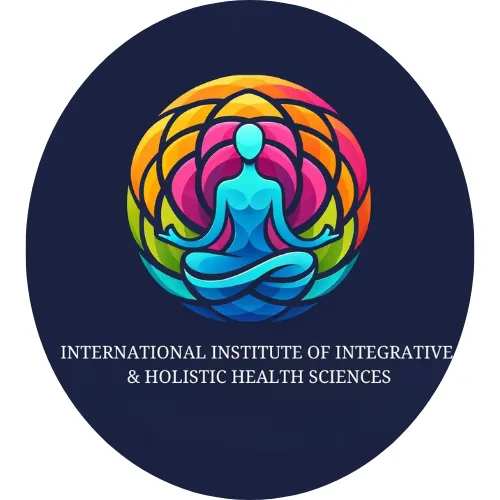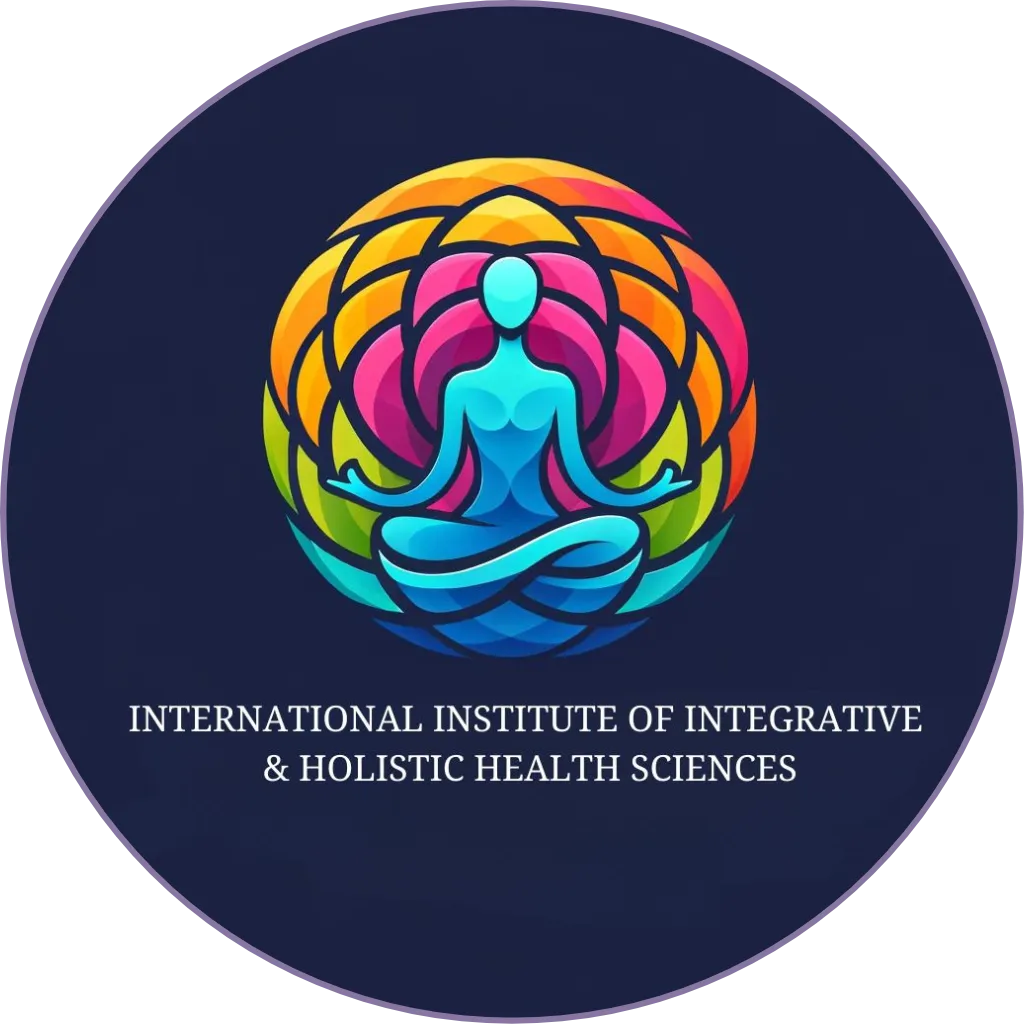Our Latest Blog Articles

How does holistic medicine work
How Does Holistic Medicine Work? A Scientific and Integrative Approach to Healing
Holistic medicine is often misunderstood, and many people still struggle with the concept of how it works and whether it aligns with scientific practices. At its core, holistic medicine seeks to treat the whole person—mind, body, and spirit—instead of simply addressing isolated symptoms. In this blog post, we will explore how holistic medicine works, breaking it down into a scientific process that involves subjective assessments, hypotheses, objective analyses, and various therapeutic modalities. By the end of this post, you’ll gain a deeper understanding of the evidence-based practices that support holistic care and how they can lead to optimal health and wellness.
The Scientific Process in Holistic Medicine
Holistic medicine is rooted in scientific methods of evaluation and treatment. Contrary to misconceptions, it is not about mystical or unproven therapies but rather a structured and thoughtful approach to patient care. Let’s break down the process:
Step 1: Subjective Assessment through Questionnaires
The first step in the holistic healing process is a thorough subjective assessment. This is where the patient’s personal health journey begins. Practitioners gather information about the patient’s symptoms, lifestyle, medical history, emotional health, and environment. A detailed questionnaire is often used to help uncover the root causes of health problems that may not be immediately obvious. These assessments also provide insight into the patient’s belief systems, stress levels, and their current understanding of their health.
One powerful tool in holistic care is the use of patient questionnaires that ask specific questions about physical, emotional, and mental states. These can be standard forms or customized to address specific concerns such as sleep, digestion, anxiety, or fatigue. This subjective data helps the practitioner understand the patient’s experience and lays the foundation for developing a personalized treatment plan.

Step 2: Formulating a Hypothesis
Based on the subjective assessment, the practitioner forms a hypothesis about the potential causes of the patient’s symptoms. The hypothesis could revolve around nutritional imbalances, hormonal disruptions, toxic overload, or emotional stress, to name a few. This hypothesis is an essential component in holistic healthcare, as it leads to targeted investigations through objective analyses, which we will cover in the next section.
Step 3: Objective Analysis
Once a hypothesis has been formed, holistic practitioners rely on objective analysis to verify or refine their assumptions. Objective analysis is based on empirical data that can be measured and observed. In holistic medicine, this step involves various diagnostic tests and tools, which may include:
1.Remote Patient Monitoring (RPM): This method allows for continuous tracking of specific health metrics, such as blood pressure, blood sugar, heart rate, and more. By collecting real-time data remotely, holistic practitioners can assess the patient’s condition from the comfort of their home, ensuring a more dynamic and ongoing picture of their health.
2.Basic Lab Assessments: Routine lab tests such as blood panels, urinalysis, and hormone level checks are often included in a holistic health assessment. These tests provide objective data on key markers like cholesterol levels, glucose tolerance, and kidney function, all of which contribute to the overall picture of the patient’s health.
3.Advanced Functional Testing: Holistic practitioners often go beyond standard tests and utilize functional medicine tests, such as stool analysis or food sensitivity tests, to look deeper into the root causes of symptoms. These tests provide insights into the functionality of organs and systems, like digestive health, immune function, and nutrient absorption.
4.Genetic and Methylation Testing: Genetic testing, including methylation profiles, offers a comprehensive look at a person’s genetic predispositions, which can influence everything from detoxification pathways to nutrient needs. Methylation patterns, in particular, can have a significant impact on mood regulation, immune function, and overall wellness.
5.Bioenergetic Testing: Bioenergetic testing involves assessing the body’s energetic field to detect imbalances that may not be visible in traditional tests. Techniques such as biofeedback or electrodermal screening help practitioners identify stressors and blockages in the body’s energy systems, which can be essential for addressing chronic conditions and promoting healing.

Therapeutic Modalities in Holistic Medicine
Once the assessment is complete and a hypothesis has been validated or refined through objective testing, the next step is treatment. Holistic medicine incorporates various modalities that work synergistically to improve overall health:
1.Mindfulness and Stress Reduction: Mindfulness practices such as meditation, deep breathing, and guided visualization are vital components of holistic medicine. These techniques help reduce the body’s stress response, balancing the nervous system and promoting mental clarity and emotional stability. Research has shown that mindfulness practices can lower blood pressure, reduce anxiety, and improve overall well-being.
2.Nutrition: A well-balanced, nutrient-dense diet plays a fundamental role in supporting the body’s natural healing abilities. Holistic practitioners may recommend dietary changes to address imbalances in nutrition, such as increasing the intake of anti-inflammatory foods, gut-healing nutrients, or detoxifying herbs. Nutrition is often tailored to individual needs, based on the patient’s unique genetic, functional, and environmental factors.
3.Detoxification: The process of detoxification is essential for promoting health and longevity. By eliminating toxins from the body, holistic medicine enhances the body’s ability to function at its best. Techniques for detoxification include fasting, liver support, kidney cleansing, and the use of herbs or supplements that support natural detox processes. Detoxification helps the body restore its balance and supports the immune system.
4.Supplementation: Supplements are often used in holistic care to fill nutritional gaps, support healing, or address specific deficiencies. Vitamins, minerals, herbs, and amino acids may be recommended based on lab results, genetic profiles, or individual health concerns. Supplements are used alongside lifestyle changes to optimize overall health.

Conclusion
Holistic medicine works by integrating scientific assessments, objective analyses, and a wide range of therapeutic modalities to treat the root causes of illness and promote overall wellness. From remote patient monitoring to genetic testing, the scientific process is at the heart of holistic care, ensuring that each patient receives a personalized approach that is based on their unique health needs.
To learn more about how holistic providers approach patient care, explore the following resources:
•Holistic Family Practice Webinar: This webinar delves into the practice of holistic medicine and its scientific basis.
•Holistic Providers Video: Watch this video to understand the practical applications of holistic approaches and how they can support your journey to better health.
Holistic medicine is not just about symptom management but about achieving a state of balance and well-being. By using evidence-based practices and a comprehensive, individualized approach, holistic medicine empowers patients to take control of their health and healing.

Empowering learners worldwide with accessible, quality education.
Links
Home
About Us
Pricing
Courses
Contact Us
Blog
Legal
Legal
Terms of Use
Term & Condition
Payment Method
Privacy Policy
Newsletter
Join our community to stay updated on the latest courses, exclusive content, and learning resources. Subscribe now and take the next step in your educational journey!

